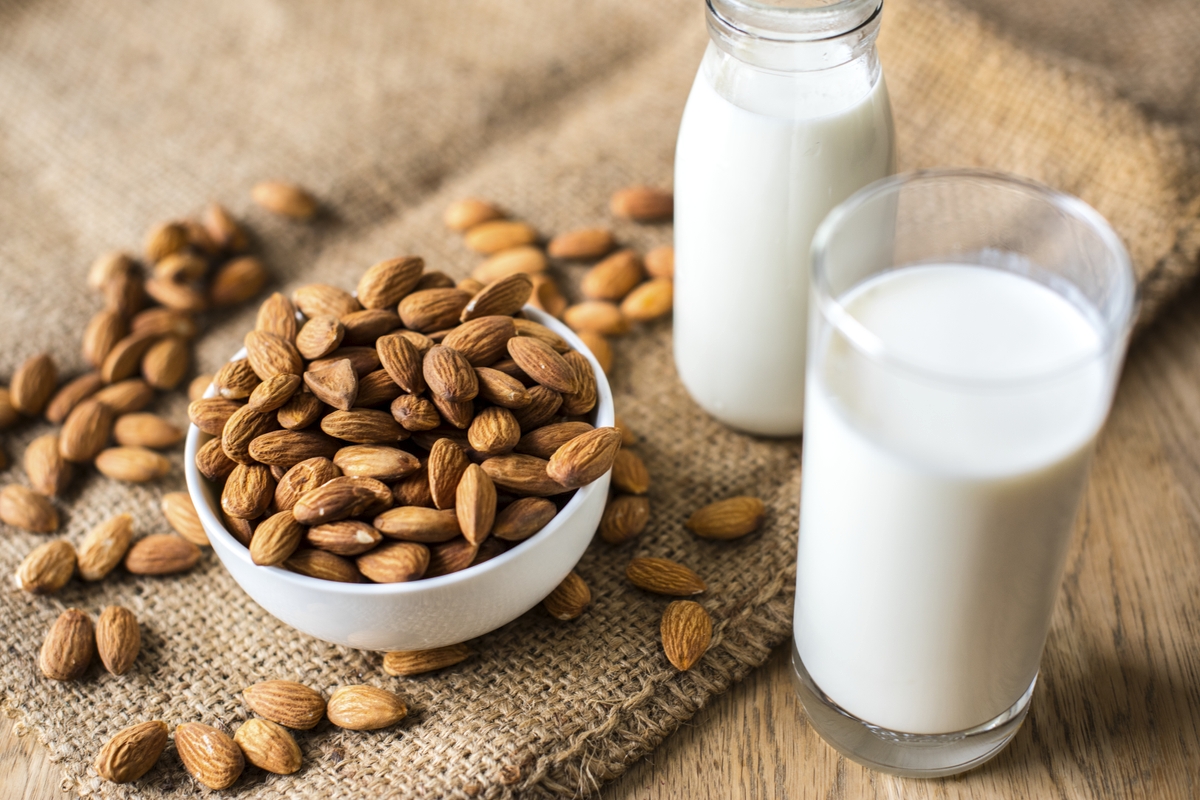Why is Daily Calcium Intake Important?
Calcium (Ca) is the most abundant mineral found in your bones and teeth, with the remainder found in your tissues and body fluids.
Calcium is responsible for your bone and dental health and muscle and nerve tissue function. It is also responsible for the communication between your brain and other parts of your body, the distribution of blood throughout your body, and the secretion of hormones and enzymes, all of which affect your body’s functions.
Calcium also regulates muscle contractions and plays an essential role in blood clotting and maintaining the movement of your heart muscle. Here are some reasons why you need calcium:

- It prevents the risk of high blood pressure
- It has a positive effect on cholesterol
- It lowers the risk of colon cancer
- It supports your metabolism
While everyone should have a certain amount of calcium every day, it is important to maintain calcium balance in your body. This is especially the case when bone formation is at its peak, such as when you are pregnant or breastfeeding, or during menopause, when the risk of your bone structures "melting" is at its peak.
What is the Recommended Daily Calcium Requirement?
Increasing bone mineral density with regular and adequate calcium intake when you are young helps prevent problems like osteoporosis when you are older. Calcium in dairy products is superior to other vegetables or foods due to its higher bioavailability. Adults should have 1,000-1,200 mg of calcium every day. If you are getting enough calcium in your diet and don’t have any other health conditions, there is no need to take calcium supplements. If you are not getting enough calcium, you might consider addressing this deficiency by taking “quality” or “safe” calcium supplements. The amount of calcium supplementation you need will depend on your diet and the existing calcium levels in your body. Because of this, it is important to monitor any calcium supplementation after visiting a specialist.
More Isn't Always Better.

Many conditions can arise when the body's calcium levels are low, whether it be simple bone fractures, tooth decay, blood coagulation issues, muscular aches, depression, or problems in your heart rhythm. However, having excess or too little calcium can also cause some health issues, such as problems in your heart rhythm. Hypercalcemia, or a higher than normal calcium level, is uncommon in healthy people and is more commonly caused by kidney problems or thyroid problems. Poor muscle tone, renal insufficiency, constipation, nausea, weight loss, weariness, polyuria, and cardiac arrhythmias can all be caused by uncontrolled hypercalcemia. Urine test results that show high calcium levels more than once in a row might indicate high blood calcium levels, a sign that you should review the amount of calcium you intake.
What Are Good Sources of Calcium in Your Diet?
It’s already widely known that the most beneficial foods for improving your calcium intake are milk and other dairy products. These foods are calcium-rich foods that strengthen your bone structure and immune system.
Some kinds of fortified cereals and drinks, and some vegetables also contain high calcium levels, such as spinach. Seafood, lean meats and poultry, legumes, nuts, seeds, and soy products are all good sources of calcium. Calcium-fortified tofu, canned sardines, and canned salmon with digestible bones are also rich sources of calcium.
If you don’t eat enough calcium foods, you might experience health problems related to your heart or muscle contractions or, more commonly, experience bone or muscle pain. Not getting enough calcium might also increase your risk of stress, resulting in an increased risk of depression.








